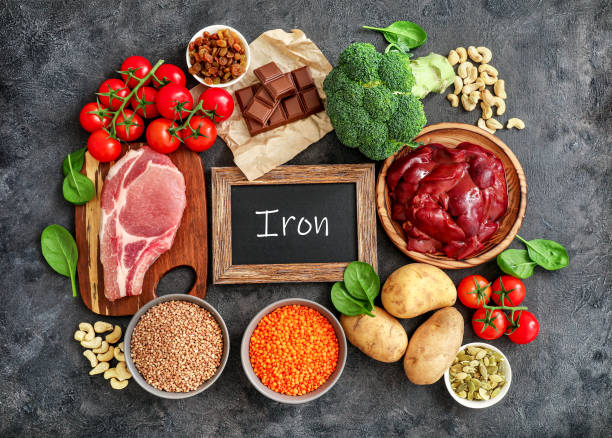JENA BROOKER Planet Detroit Intern
Heavy rainfall in Michigan prevented the planting of almost 1,000,000 acres. Climate change has led to earlier and wetter springs, longer summer droughts, and colder winters for Michigan farmers. Farmers are adapting their practices to this new reality.
Jeffrey Andresen is a climatologist at Michigan State University Extension. MSU’s Enviroweather, MI EnviroImpact, and other tools help farmers predict conditions and make critical decisions on when, where, and how to harvest and plant.
Andresen claims that perennials such as grapes, apples, and cherries are particularly susceptible to climate change. Some farmers circulate warm air using fans in colder weather. Winemaker Coenraad Stassen of Brys Estate Vineyard and Winery in Traverse City developed new techniques to warm his grapes through harsher winters. He secures his grape canes with irrigation lines before he plows snow on top of them. This results in a survival rate of 80%.
Stassen says that if you keep doing the same thing as 15 years ago, you are fighting a losing war.
Some farmers spray water on fruit trees to create protective ice cells in the spring. Nikki Rothwell is an Integrated Pest Management (IPM) researcher at MSU Extension. She has observed new pests and diseases, such as fire blight and Spotted Wing Drosophila. Rothwell discovered that mowing between trees and pruning them reduced the infestation by 40 percent. The additional light increases temperature and reduces moisture in the canopy.
Rothwell: “We have really returned to these old-school methods that look at the system holistically.”
Rothwell believes that farmers should diversify their systems and crops “to spread out the risk.” For instance, a farmer might lose his cherries but not his apples in a cold snap. Other adaptations include changing varieties and altering planting schedules. Some cherry varieties are able to bloom later in the growing season so that they won’t be affected by freeze and frost events. Row crop farmers plant plants like alfalfa, soybeans, and wheat to take advantage of the increased CO2.
Climate change has a positive impact on farmers, as it affects the growing seasons and regions.
Andresen says, “We have an extra 10-14 days of frost-free season in Michigan that we didn’t have 50 years ago.” “That usually translates to a higher yield potential.”
After simmering, filter the rose hips out of the water. The only part that requires some attention is this step. The rose hips contain many little hairs that can irritate the skin and digestive system. (For those of you who were mischievous as children, you may remember stuffing crushed rose hips on the head of a child at school in order to make him itchy). These will have to be carefully removed before they can be consumed. It’s easy to do. First, use a sieve to remove large rose hip pieces. Then, filter the remaining water either through a layer of clean cloth such as muslin or a coffee filter. The latter was the best option. It’s a long process, so it is best to set it up and then do something else. Add the sugar once this has been done. I used 500 grams. Add it to two wine bottles with screw tops and top them up with vodka. This is ready for drinking immediately and pairs well with chocolate pudding. Best served chilled.
These recipes are both very easy to make, and the final product is delicious. You don’t need to worry about weights or measurements. Both recipes are easy and tasty. The only thing that you should be concerned with is the removal of the hairs on the rose hips. You can adapt both ideas to work with any edible berries you may have in your area. Blackberry vodka, anyone?

